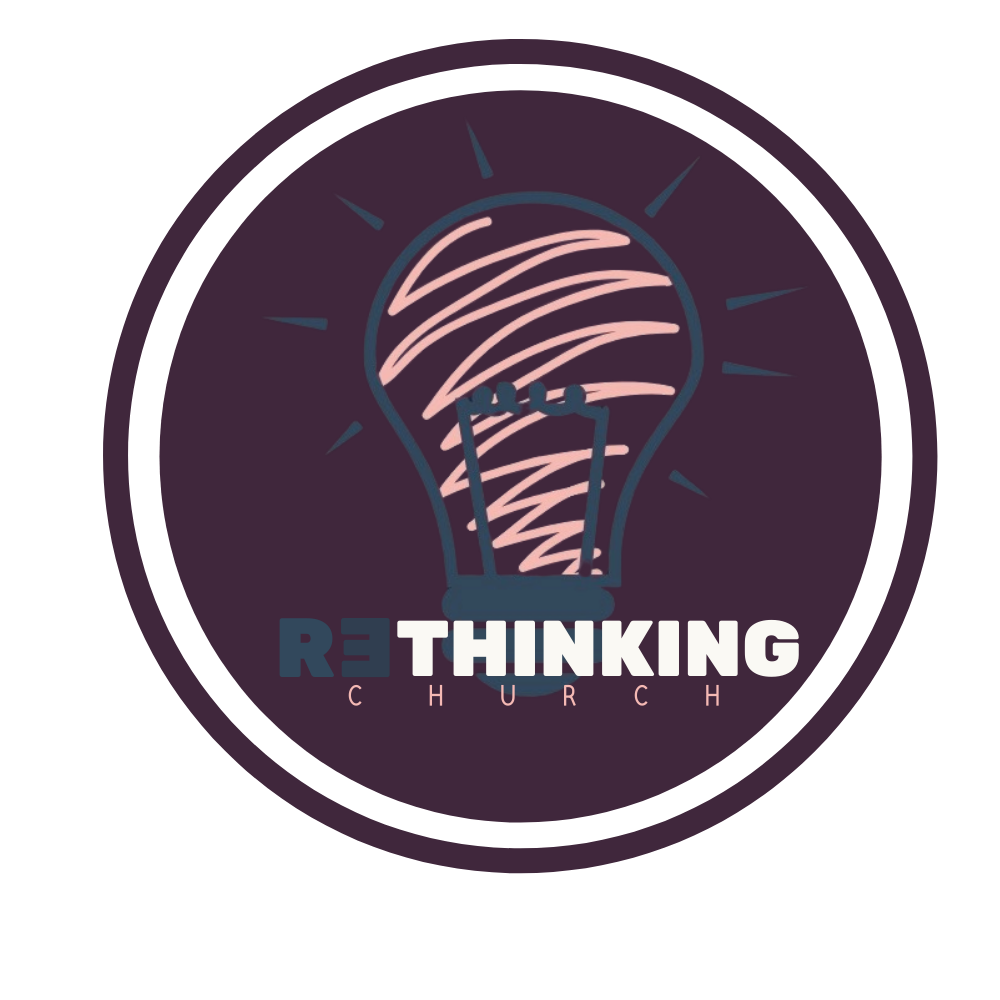I Have a Dream of the Other America
Most of us grew up believing in the concept of a United States of America. However, as we have gotten older, many of us have realized that there are two (if not more) Americas. There is the America that flows with milk, honey, and opportunity. Her streets are lined with trees, and sirens rarely blare in her neighborhood. Healthy food options and fitness facilities are abundant, with the convenience of shopping and banking on every corner. Across town is her twin sister, where streets are often littered with trash, and concrete structures contribute to the fixed mindset. There are a plethora of fast food options, liquor stores are in abundance, and neon signs highlight the convenience of check cashing and bill pay centers.
Let us not forget how differently each area is policed, how the schools are funded, how government resources are allocated, which companies decide to locate in the areas, and how these decisions affect environmental factors such as access to clean drinking water and the placement of landfills.
Can you envision the two Americans in your city? Can you envision who lives in those communities? Your city planners can, and for decades they have contributed to determining the generational outcomes of families based on their plans. It would be easy to believe that we reached this point by happenstance, but in reality, many of our cities were designed to differentiate between those who would have access to opportunity and those who would have not.
I wish Dr. Martin Luther King Jr.’s The Other America Speech were recited half as much as his I Have a Dream speech because even in 1967, Dr. King was trying to call our attention to the disparities building in our communities, not only along the lines of race but the most influential factor in America, economics. We like to sanitize the work of Dr. King, believing that his dream was for us to all get along, but Dr. King was a fierce advocate of economic opportunity because economic mobility is the true determinant of our access to the American Dream.
I have long given up on the idea of eradicating or even confronting racism because only God can change the hearts of man. No matter how many symposiums we hold or how many courageous conversations we have, there will always be a segment of our society whose hearts are so dark and bitter that they cannot see past their own self-interest to care what happens in the communities that do not look like theirs. I fear that we have become so consumed with trying to educate the racism out of people that we have failed to give adequate attention to the systematic policies and laws that have been embedded in our communities to ensure that no matter how hard we work, how respectable we dress, how educated we are, the access to opportunity will remain elusive for the majority. Sure a few success stories will escape from the grasp of poverty to prove that if you xxx enough, you too can make it.
Why is access not embedded in every segment of our society? Who is profiting from our poverty? Why has it become acceptable for food desserts and swamps to become the norm? Why is it free for some to direct deposit their earnings while those often earning less must pay a check cashing fee?
In our fight for the soul of America and the promise of the liberation and equality that we have held to for hundreds of years, we must no longer leave it to others to create for us. We must assess our internal biases to determine if we truly want to improve the conditions in the Other America or if, like our oppressors, we are content to do just enough to make ourselves feel good but not enough to impact those lives we claim to serve. We must do more to reclaim our communities by investing in businesses and not-for-profits and finding creative ways to develop affordable housing, improve infrastructure and advocate for equity funding for our schools. Most importantly, we have to get involved in civic decision-making. If we are not at the table, we are guaranteed to be on the menu.
The Other America has become like the crazy uncle that used to get locked in the back bedroom when visitors came. Everyone knew he was there, but no one wanted to admit that he had a problem and needed help. It's time for us to stop seeing our communities lacking equitable access to resources and funding as someone else’s problem and to claim her as our own so that she can get the help she needs to live a healthy and prosperous life. We have accepted the concept of the Other America to be a natural state for our brothers and sisters, and it does not have to be.
What are your ideas for creating an equitable United States of America? Post in the comments below!

